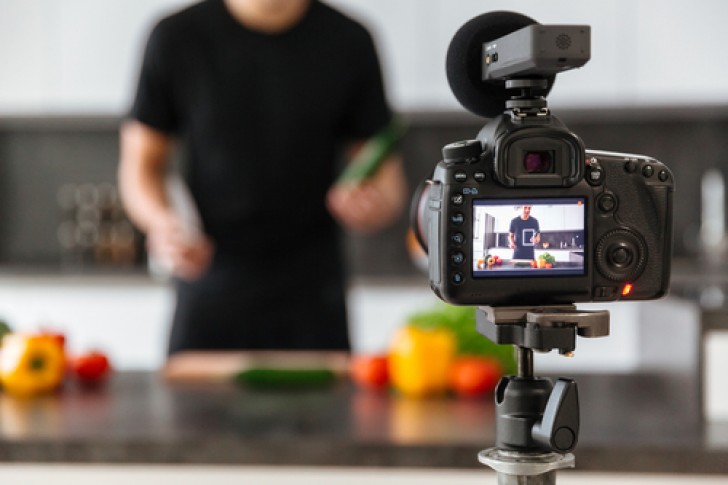

Influencer marketing is a marketing tactic that calls on good, old fashioned PR skills, and requires careful planning to ensure you’re targeting bloggers with a relevant style and audience demographic.
Fashion, lifestyle and food bloggers have been helpful in exposing our clients to new audiences, with posts on their blogs and their social media feeds. As well as generating some buzz around the products many of our influencers have also created some beautiful photography and even vlogs which have been great to share on our client’s websites and social channels.
Of course, influencers are well aware of the difference they can make to brand awareness. And while some may genuinely come across a product and give it a mention because they love it, many require an incentive in return for a promotion, anything from free product to payment. And naturally, when an incentive is involved, there are more rules to adhere to.
Fundamental to the use of influencers who require payment or reward from the brand which is being promoted is the need to ensure adherence to the CAP Code which is enforced by the ASA as well as consumer protection legislation which is enforced by the Competition and Markets Authority.
Where an influencer is being paid to advertise a product, the ASA expects to see labels such as ‘ad’ or ‘advertisement’ in obvious locations. The ASA states:
“Any label or other means you use to highlight the ad needs to be upfront (before people click/engage), prominent (so people notice it), appropriate for the channel (what can you see and when?) and suitable for all potential devices (it needs to be clear on mobile too). This means that burying the label in a sea of hashtags or putting it where it can only be seen by clicking ‘see more’ or clicking to view the full post, portably isn’t going to cut it. We recommend including it ‘at the beginning’ which might mean in the title, thumbnail or on an image (if that’s all people see at first).”
The issue becomes a little different if you have provided a payment or reward but have little or no control over the actual content created by the influencer. This is often the case when we send out products for review.
In these circumstances the initiative is viewed by the ASA as a sponsorship arrangement where the brand has ‘no control over the actual content of what they’re sponsoring, they’re just helping to fund its creation and paying for an association’.
Such arrangements are subject to Competition and Markets Authority (CMA) regulation, which still states that influencers must make it clear that they have received an incentive for their content, so our responsibility is just the same.
While it’s the responsibility of the influencer to adhere to the rules, we take that responsibility onto our shoulders too, not least because any issues could reflect badly on our clients’ brands.
With social media increasingly powerful in shaping consumer behaviour, we weren’t particularly surprised to hear that the CMA is clamping down on potential non-compliance.
While the CMA’s action reminds us all that collaborations with influencers should be carefully considered, compliance doesn’t have to be cumbersome.
It’s a question of being aware of the rules and knowing what needs to be done and working with influencers who are equally well-informed and ethical in their approach.
The Advertising Standards Authority has produced an excellent guide to help influencers (and marketers) understand what’s involved in making ads clear. There’s a helpful flowchart at the back of the document which helps everyone quickly work out whether an influencer needs to us an ad label.
If you have any questions about using social influencers to advertise your brand or would like to understand more about the regulatory issues, please get in touch with us on 01606 610808.